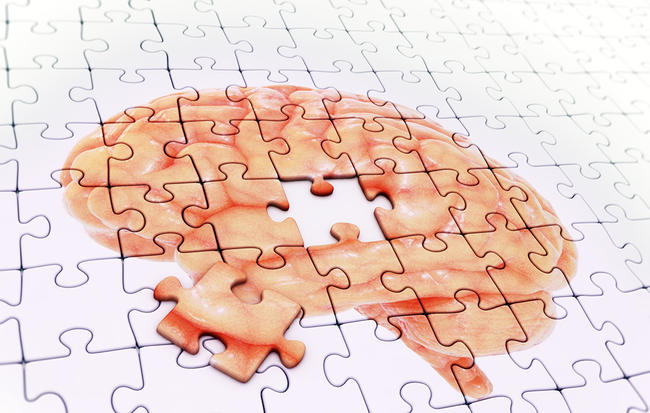There are no known cures for dementia, which is an umbrella term that covers a handful of age-related cognitive symptoms—debilitating memory loss, first and foremost.
CDC stats show millions of Americans suffer from dementia, which can result from Alzheimer’s disease, vascular conditions, or other underlying health disorders.
For years, experts have hoped to find evidence that so-called “brain training” games—from Sudoku to complicated computer programs—could help protect the brain against memory loss associated with dementia. But nearly all those studies have come up short.
In fact, a group of more than 70 scientists recently signed an open letter urging the public to ignore claims that brain games could provide benefits. Their reasoning: a lack of hard evidence.
But a new large-scale, 10-year study in the journal Alzheimer’s & Dementia suggests one type of brain training may legitimately safeguard the brain against dementia.
The study
A team of American researchers randomly split more than 2,800 healthy older adults into four groups.
Three of the groups spent roughly six weeks using computer programs designed to improve either their memory, reasoning, or cognitive-processing speeds. The fourth group didn’t partake in any kind of brain training.
The researchers then kept tabs on the study participants for a decade. While the memory and reasoning games did not significantly lower people’s dementia risks, the study participants who had undergone the “processing speed” training cut their risks for dementia by 29%.
The first author of the study, Jerri Edwards, PhD, is a professor of behavioral neurosciences at the University of South Florida. She says the “speed processing” training game targets very specific brain skills that are known to decline with age, such as recognizing and quickly reacting to novel information.
When you play the game, you’re presented with brief glimpses of objects—things like cars or trucks. “Your job is to quickly notice [and react to] what’s on the screen,” Edwards says.
As you get better at the game, it adjusts by making the glimpses shorter, or by adding distractions, she says.
How does this game protect against dementia?
That’s not clear, Edwards says. There’s some evidence that this kind of brain training improves your attention, which may help bolster areas of the brain that deteriorate as a result of dementia, she says.
Edwards says this form of training may also strengthen the brain’s “default mode network,” a group of interconnected brain regions that play a role in memory and emotion, and that other research has linked to dementia.
Yes, you can play the study’s brain game.
Edwards says research going back more than a decade has linked the speed-processing training she used in her study with cognitive benefits.
After some of those earlier studies revealed benefits, she says, a company bought the rights to the speed-processing training, and it’s now available to consumers.
It’s called Double Decision, and it’s offered by a company called PositScience.
Based on her research, Edwards says playing the game for one hour, three days a week, should roughly meet the protocol used by people in her study.
Will playing the game make a difference?
Let’s be clear: This is just one study. Edwards says more research is needed to confirm her findings, although her study was fairly large and long-term in scope.
If you have a family history of dementia—and extra time and money on your hands—it may be worth a shot. (These 10 questions can help determine your dementia risk.)
But if you’re short on time and don’t want to spend money? Exercise instead. While the science on brain games is spotty, a big body of research shows regular exercise can cut your risk for dementia by as much as 50%.












